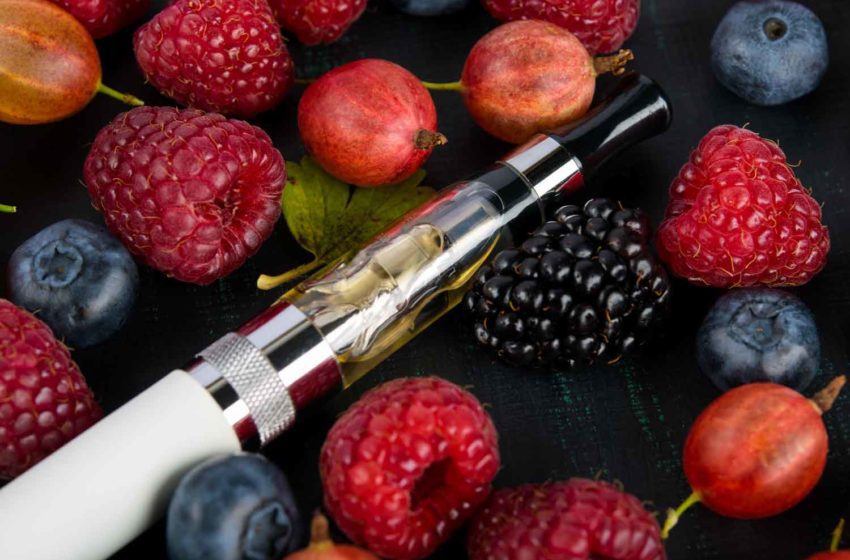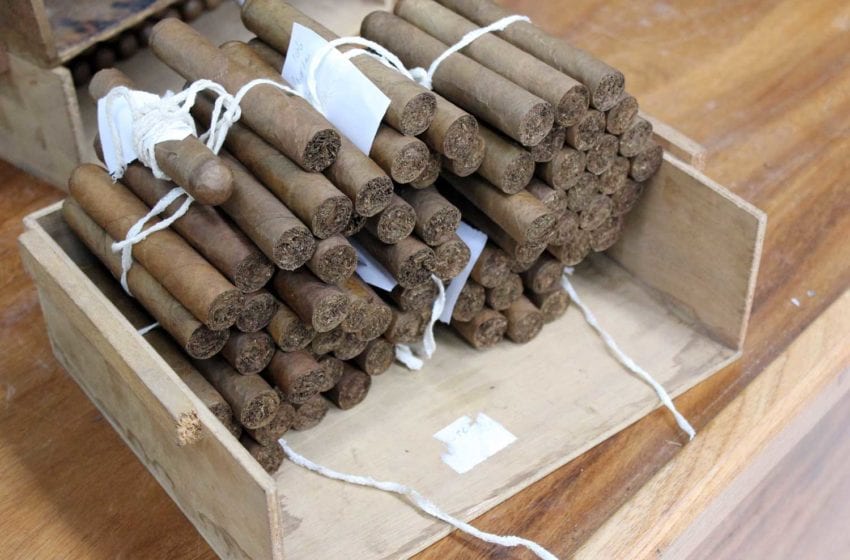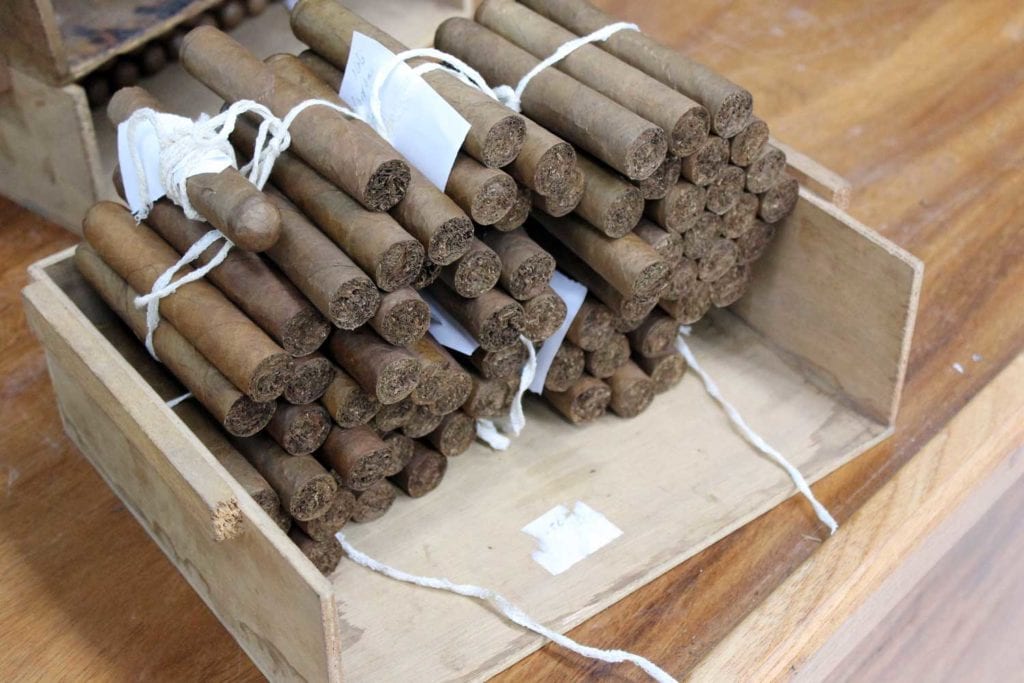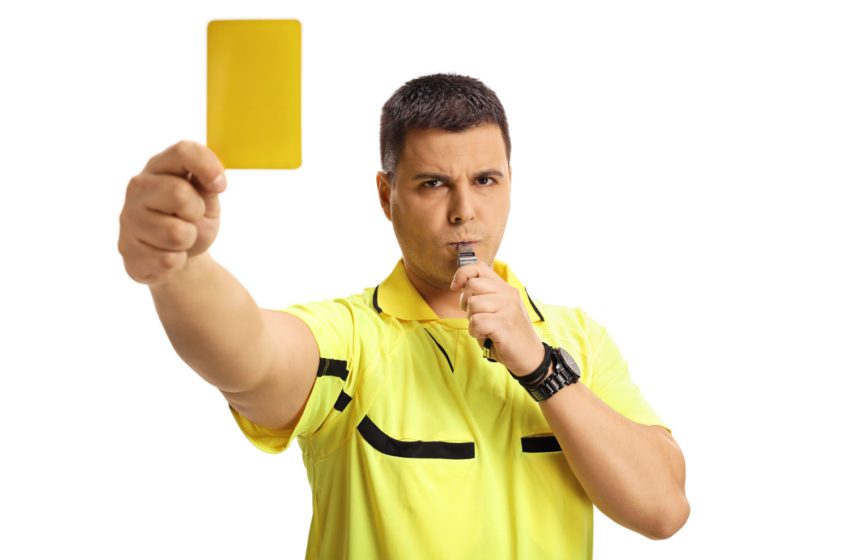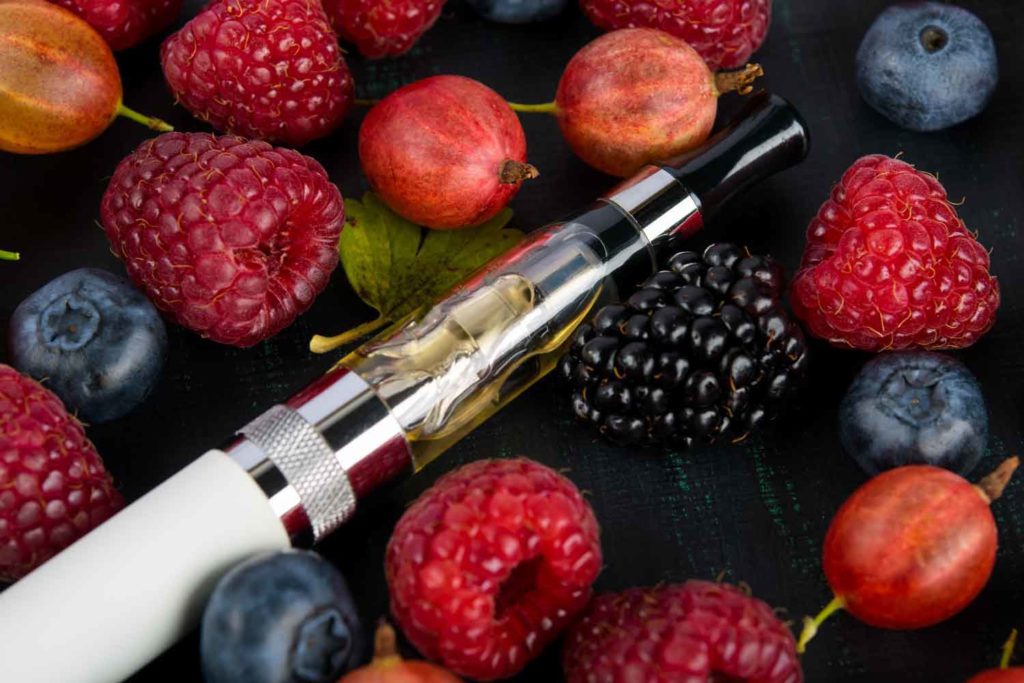
The FDA’s reluctance to permit flavored e-cigarettes may be hindering adult smokers’ conversions to less harmful products.
By Neil McKeganey and Andrea Patton
If there is one phrase that must keep e-cigarette and e-liquid company executives awake at night, it must surely be “flavor ban.” In their public statements, U.S. Food and Drug Administration officials have always denied pursuing a ban on e-liquid flavors, encouraging e-cigarette manufactures instead to “show us the data” where e-cigarette flavors are compared to tobacco flavor in terms of their effectiveness in assisting adult smokers in quitting.
The reality of the premarket tobacco application process, however, tells a rather different story. Of the more than 6.7 million applications submitted—over 99 percent of which the FDA has adjudicated upon—not a single flavor other than tobacco has been awarded a marketing authorization. On the basis of those numbers, whether admitted or not, there is an e-cigarette flavor ban in the U.S. in all but name.
But why have flavors drawn such restrictive regulatory action from the FDA? The answer, of course, lies in youth vaping. So great has been the concern at the increase in youth vaping that politicians, public health officials, the media, parents and others have found themselves asking the questions “why are so many kids vaping, and how can we stop it?” When Scott Gottlieb was the director of the FDA, he offered an answer to that question in railing against “kid-appealing flavors.” In the years following Gottlieb’s tenure, it seems the phrase “kid appealing” has been dropped in reference to characterizing flavors per se as the villain of the piece when it comes to youth vaping.
But how can we be sure that it is indeed e-liquid flavors that are driving youth vaping? A surprising answer to that question can be found in the latest results from the 2022 National Youth Tobacco Survey. This survey draws upon data from over 28,000 middle school and high school pupils from across the U.S. and is one of the leading influences on government policy when it comes to e-cigarettes.
When youth who had ever tried an e-cigarette were questioned about the reasons why they first used an e-cigarette, flavors were the ninth most frequently cited reason among middle school pupils and the seventh most frequently cited reason among high school pupils. In explaining their reasons for starting to vape, both middle school and high school pupils much more commonly mentioned curiosity about e-cigarettes, the fact that e-cigarettes were being used by friends or family members, or that they felt anxious, stressed or depressed.
A very similar picture emerged in relation to the reasons youth participants in the survey offered for why they were currently using e-cigarettes. In this case, flavors were the ninth most frequently cited reason among middle school pupils and seventh among high school pupils. Again, much more influential in explaining their current e-cigarette use were the fact that these devices were seen to be a way of reducing stress, the fact that they were used by friends and the attraction of the nicotine buzz. Flavors may be part of the choices that youth make when they are using an e-cigarettes, but that does not mean that they are the key factor in the reason why youth start vaping or continue vaping.
On the basis of those results, one would have to say that flavors may well have been miscast as the cause of youth vaping. There is, however, a further problem with restrictive regulatory action targeted on flavors apart from the fact that it may well not be flavors that are driving youth vaping—the fact that flavors might actually be an important part of adult smokers’ journeys away from combustibles. By reducing the range of tobacco flavors adult smokers can use in their e-cigarettes, regulators may be weakening the capacity of these devices to assist adult smokers in quitting.
With an e-cigarette flavor ban in all but name being applied in the U.S., it is important that e-cigarette companies, and others, monitor the extent to which the reduced range of available flavors may be resulting in fewer adult smokers using e-cigarettes and fewer smokers managing to quit smoking with these products. It is important to remember that the ratchet of restrictive regulatory prohibition can move both up and down depending upon the evidence. If evidence shows that flavors are not driving youth vaping and that those flavors are helping adult smokers to quit, then a case can be made for allowing flavors to reenter the world of adult vaping. In the meantime, attention needs to be focused on how manufacturers and others can work together to ensure that flavored e-cigarettes, while available for adult use, are inaccessible to youth.



